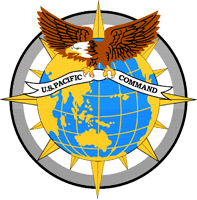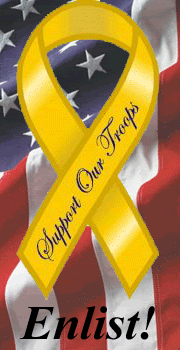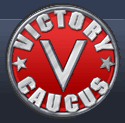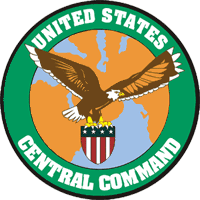Election Day
I did this myself just three months ago back at home; it was significantly different here. The elections in Mosul, currently the hottest spot in Iraq, had all the makings of an exciting day but from everything I saw and heard, the day has been a peaceful one.
Our escort for the day was a squad of Texas based MPs in the Army Reserve and I must say that they were the most pleasant MPs I have worked with. OK, so every other time I associated with MPs they were writing me a ticket, but these guys were true professionals. They were more than courteous and are a fine example of the men and women that wear our nation's uniforms. Speaking of women, I don't work with them much in the Special Forces so I found it quite a novelty to hear our driver squeal, "Oh, that blond baby is so cute!"
I was stuffed in the back of an MRAP and heading out the gate at first light for a one hour drive east of Mosul. The anticipation was thick because we knew we were about to observe another historic election. The ride was smooth and much of it was on fresh asphalt. We passed countless shops and stores with only a few open and also a large open air market with nothing but a couple of donkeys present. The vehicle curfew made the election a holiday.
The first polling station we visited was at a school in a small village. The building was a concrete and block structure that was scarred from years of use, dirt, insects, and little maintenance. The building and its condition was nothing new to me; most of the world attends school or lives in buildings just like this. They gave me a shock when I first saw them in Uganda back in '92 but now I accept it for the way it is and only occasionally sigh and hope that someday things will be different.
As international observers, we received a warm welcome and were given a guided tour by the site manager. We first passed a perimeter of integrated Iraqi and Peshmerga forces and then through an Iraqi Police check point were all voters were searched. A sign on the wall clearly indicated that weapons, cameras, cell phones, and smoking were prohibited beyond that point.
Inside, white cordon tape with blue writing directed voters to a series of classrooms. It became evident that the village was divided into precincts and each precinct had a separate room to vote in. Each of these rooms had someone to check IDs against a voter list, another used a stamp to validate a ballot and issue it to the voter, and two or three cardboard stands about 5 ½ feet tall for the voter to stand behind while marking the ballot. Once the ballot was marked, the voter approached a table with a large, clear plastic bin, dipped their finger in a bottle of purple ink – to ensure they didn't vote again – and dropped their ballot in a slot in the top of the bin. Meanwhile, a collection of representatives from interested political parties observed the process. Some rooms had more than a dozen political observers.
Each of the locations we visited was very similar with only a few exceptions. Each had women with children clinging tightly to their mother's hands staring apprehensively at the large crowds. Each had voters enter with confused looks being directed by poll workers who, while early in the day also looked a little confused, soon became confident and helpful. One poll worker pointed proudly to a name on his list and said, "This man was born in 1914, and today, he voted for the first time in his life."
While I finish this, the polls are about to close and I have still not heard of any attacks at any of the polling stations. The crowds could almost be called festive with the only exception some displaced Iraqis who did not have the proper identification or were not on the registered voter lists. If the area they call the hottest spot in Iraq is any indication of what is happening throughout the rest of the county, they will have a record turnout with all ethnic groups and regions participating and Iraq will have its first government that truly represents the people.


































